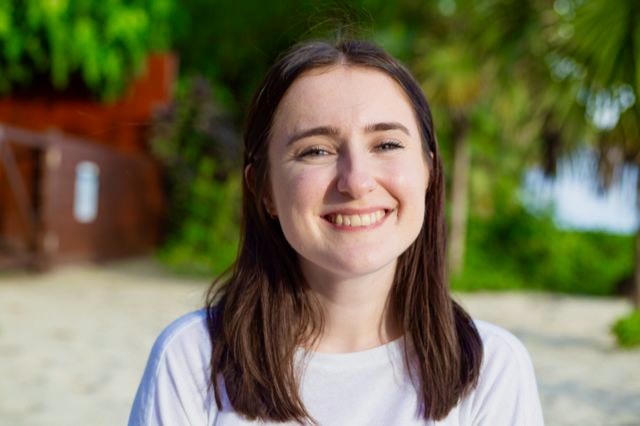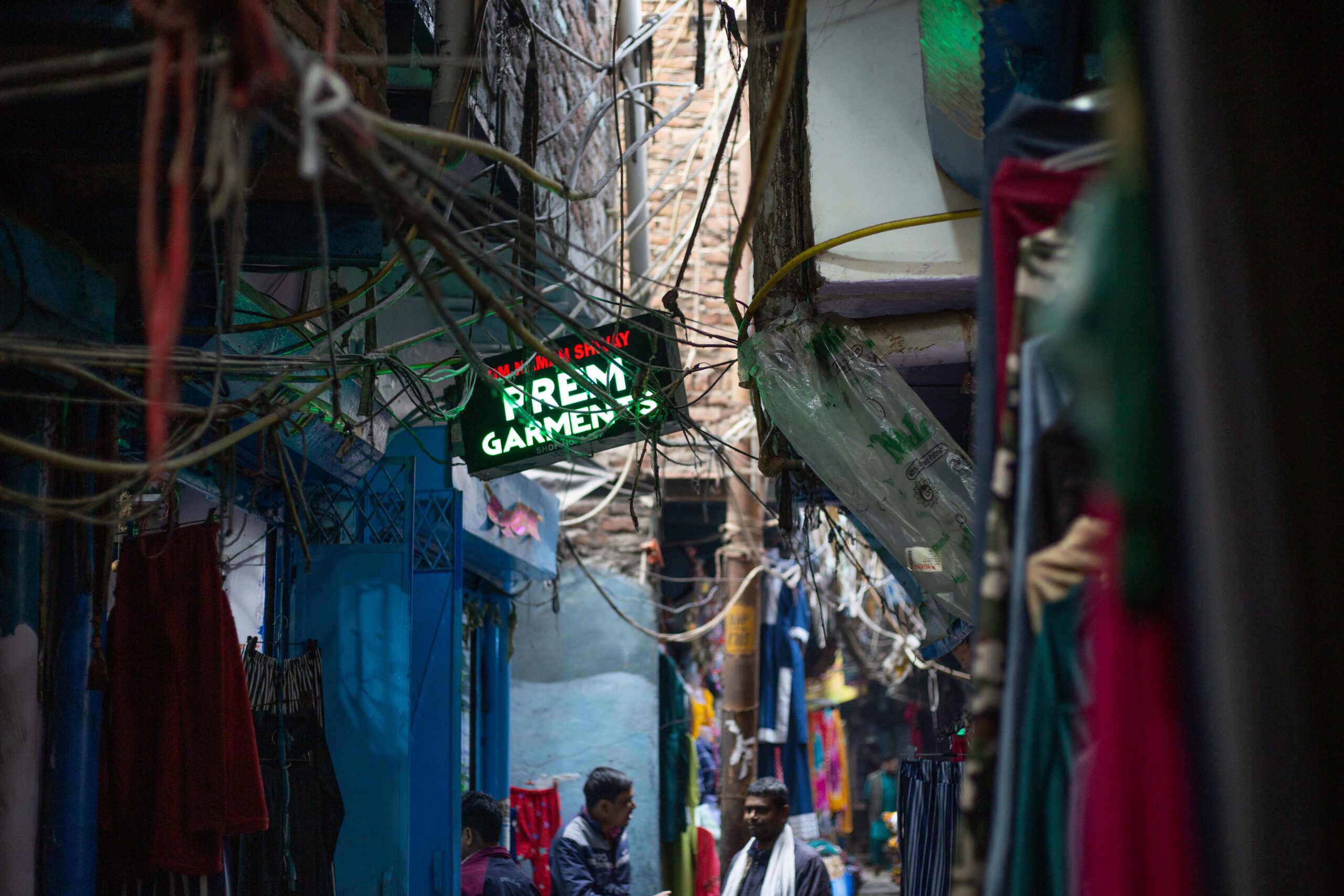Introducing our Associates & Students
Associates
Priyanshi Sharma, Multimedia Director for Empower, Newcastle University

Priyanshi Sharma is a media enthusiast who weaves digital stories from conversations and interviews. She is a postgraduate in Media and Journalism from the University of Newcastle with a background in content creation and development. She hones the art of mobile journalism and has displayed its prolific approach on various projects, notably, Women in Development Network (WiDeN) 2019 and 2021. She has worked extensively with inspirational female voices, entrepreneurs and change makers to uncover stories that inspire. She is currently working with female entrepreneurs of micro-businesses in India to film and document their life stories of perseverance and battle to keep their businesses afloat during the pandemic.

Dr Rajesh Balarama, Assistant Professor, Dr. B.R. Ambedkar School of Economics (BASE) University, Bengaluru.
Dr Rajesh Balarama has more than 9 years teaching experience. He is a co-investigator on 3 projects 1) Impact of Ahar Anudan Yojana on Nutrition and Healthcare among vulnerable vribal groups in Madhya Pradesh. 2) Impact of MGNREGS in preventing distress migration in Marshal village 3) Economics and Environmental impact of MGNREGS plantation works in Honnakirangi. His research focuses on Machine Learning, Big Data and Analytics, AI, Signal and Image Processing. He holds a PhD in Computer Science and Engineering from REVA University.
Dr. Sumirtha Gandhi, Assistant Professor at Dr. B.R. Ambedkar School of Economics (BASE) University, Bengaluru

Sumirtha teaches Behavioural Economics and Economics of Growth and Development. She is currently a Co-investigator on four projects funded by UNICEF Lucknow, UNICEF Hyderabad, Rural Development Panchayat Raj Department (Karnataka) and Atal Bihari Vajpayee Institute of Good Governance and Policy Analysis, (Bhopal). Her research interests include application of behavioural strategies and applying data science approaches for economic development. She holds a PhD in Economics from Indian Institute of Technology (Madras) with a major in Health Economics. She works extensively on large datasets enjoying field investigation and experimental research

Sue Price and Dr Declan McCormack left their television careers in broadcasting news in 2002. Their goal was to produce documentaries about International Development which they were both passionate about. Flooded Cellar work with the team to produce images and media for this project.
Newcastle and Durham University

Dr. Elle Young, PhD, Durham University and Kids Action Thru Science (KATS) Associate
Elle has a Doctorate as well as a Master’s in International Development and Education from Newcastle University. During her MA Elle visited Ghana to look at the relationship between adolescent girls’ WASH practices and educational attainment. She also used arts-based methodologies to investigate how girls perceive womanhood through art and textiles. For her doctoral thesis, Elle investigated female college students’ experiences of resilience through arts-based research methodologies in New Delhi, India. She has delivered the KATS project to numerous schools in the North East, and expanded the project internationally by leading the delivery to communities and schools in Barbados and India.
Dr. Philippa Chapman, PhD

Pip carried out her doctoral studies in Delhi, India looking at women’s empowerment, with a focus on intergenerational models within households. Pip has travelled extensively in Africa, including to Tanzania and Uganda. During her Masters she visited the Hoja project which is part of the local charity, Coco’s portfolio. Pip is extremely passionate about the sanitation disparities women and girls face around the world. This theme can be seen throughout her research and through her work with Equal Aqua Uganda.
Contributions by Masters Students at Newcastle University (2020-2021)
Lucy Brown (MA International Development and Education) Lucy’s final dissertation ‘An investigation uncovering student and teacher perceptions, with a focus towards caste discrimination in the Indian education system‘ considered SDG4 and the provision of equitable and inclusive education for all children. The dissertation considered student outcomes, teacher perceptions around marginalised first generation learners and pupil internal locus of control.
Lewis Hunter (MA International Development and Education) Lewis carried out his dissertation ‘The current state of physical and mental health of children living in Indian orphanages’. This thesis considered how children’s health, resilience and trust affects their future happiness and later life outcomes.
Linda Lal (MA International Development and Education) Linda’s dissertation ‘Parental involvement and influence on children’s schooling and performance in marginalised communities in India’ looked at school choice and how this affects student outcomes in marginalised communities in India. The findings show that parental attitudes and preferences statistically significantly affect learning outcomes.
Eleanor Scarborough (MSc in Environmental Engineering) Eleanor’s Master’s thesis ‘Environmental Quality of Three Informal Communities in Delhi, India’ focused on air and groundwater quality experienced by three communities. By collecting existing environmental quality data from stations close to each community she assessed local conditions, linking it to health and sanitation. Making wider comparisons to the whole of Delhi she determined whether conditions in the settlements were statistically significantly different in environmental quality.
Elizabeth Stride (MA International Development and Education) The dissertation ‘How the Coronavirus pandemic has affected education for girls in India: Voices from India” carried out by Elizabeth shows that girls are at greater risk of not returning to school the longer lockdowns continue. Her project highlights how girls need to feel empowered and given the freedom to decide their own futures in order to avoid early marriage and being forced into employment. Happiness and feeling valued within a family was shown to improve well being and overall mental health.
